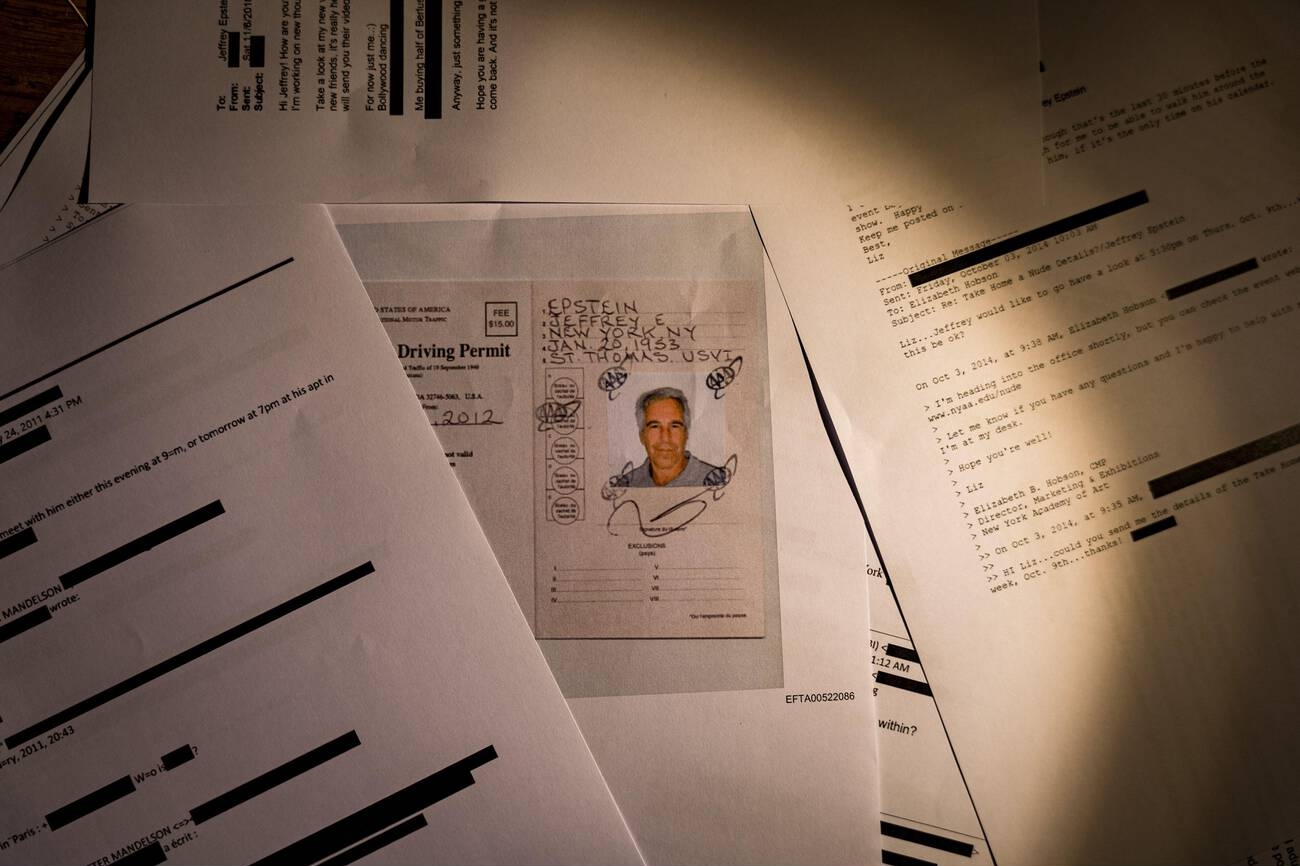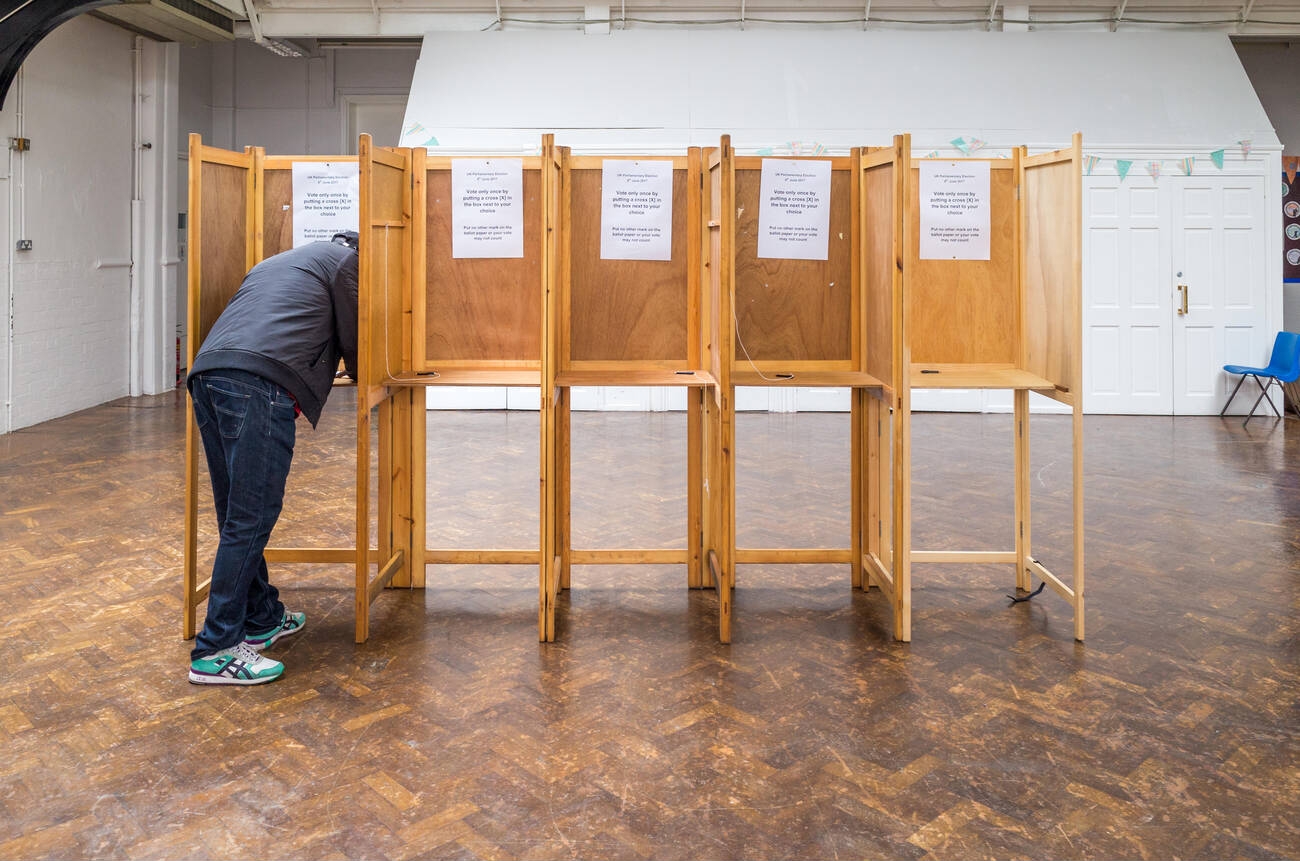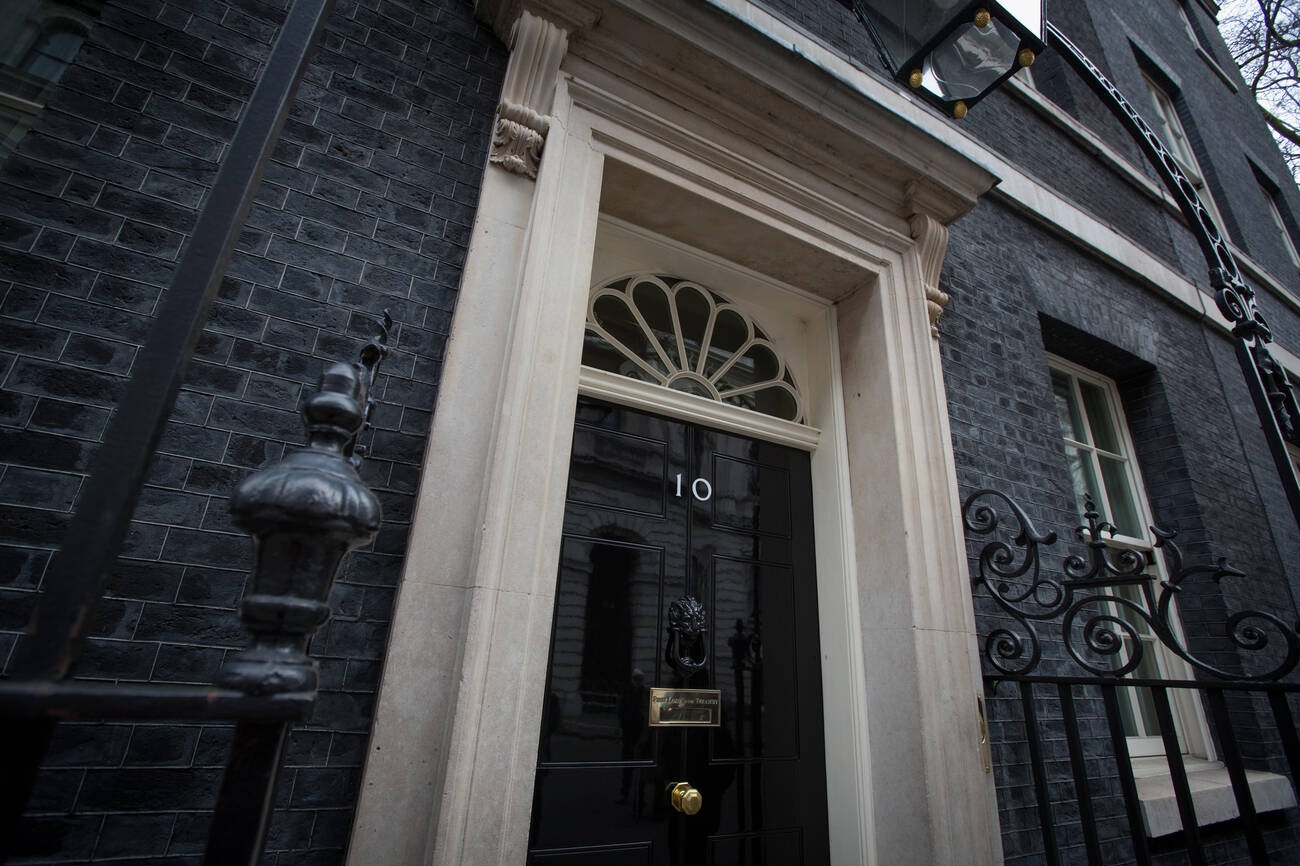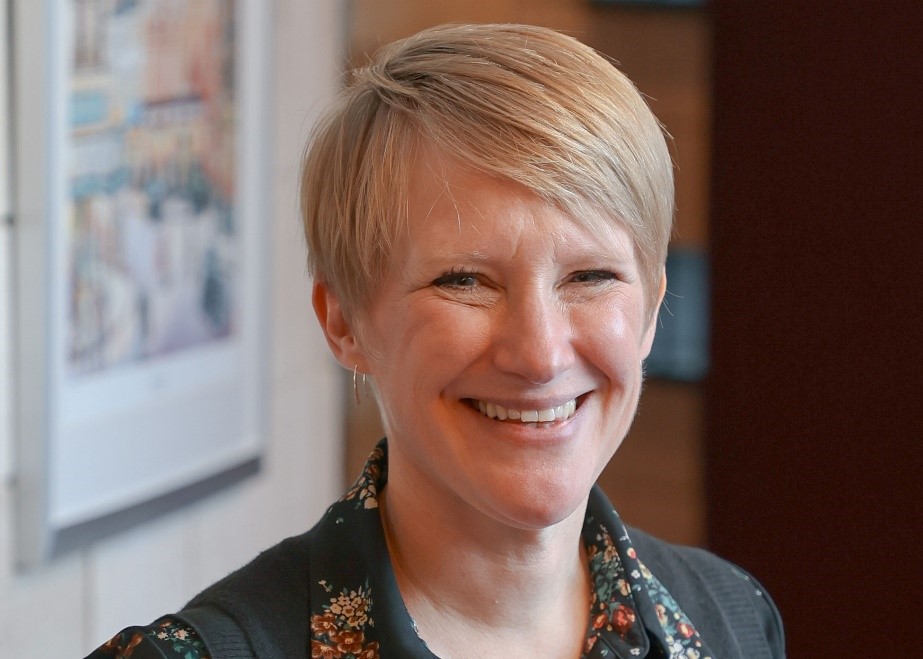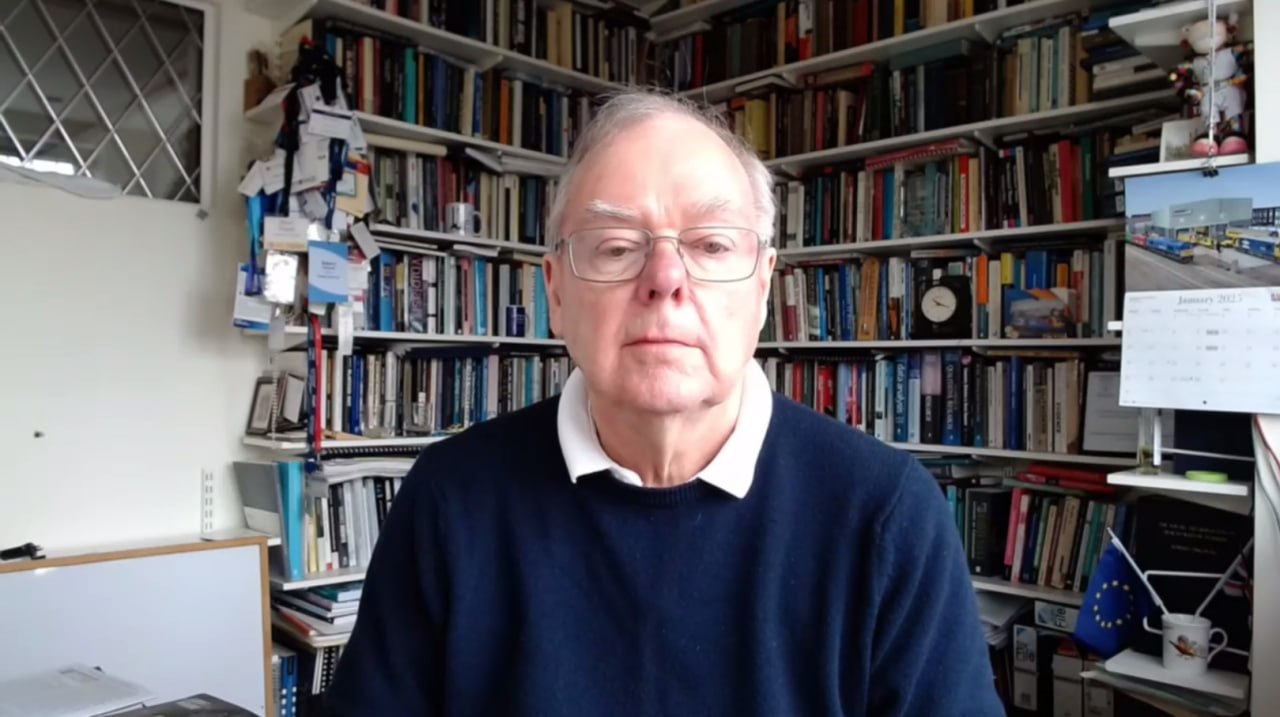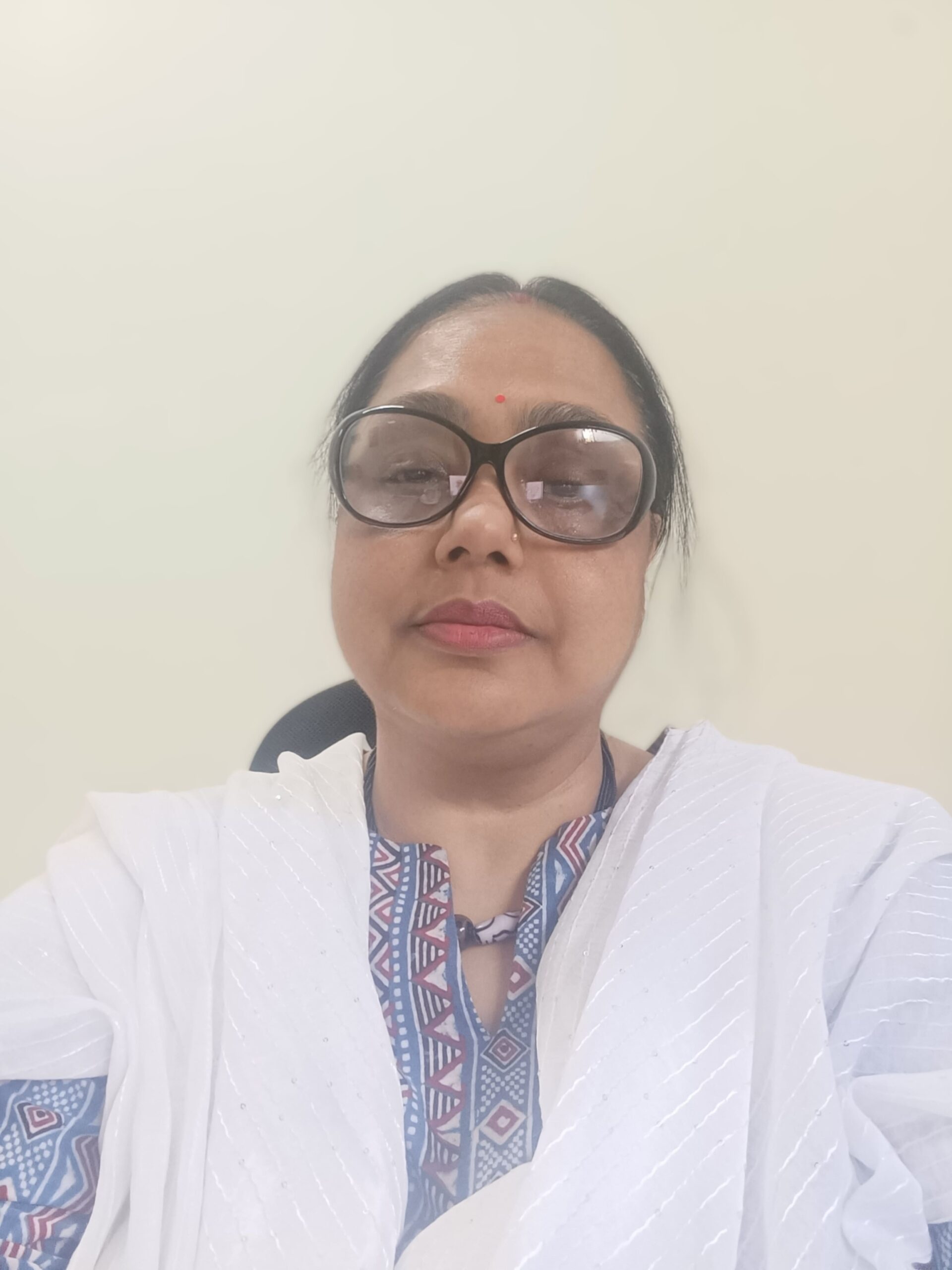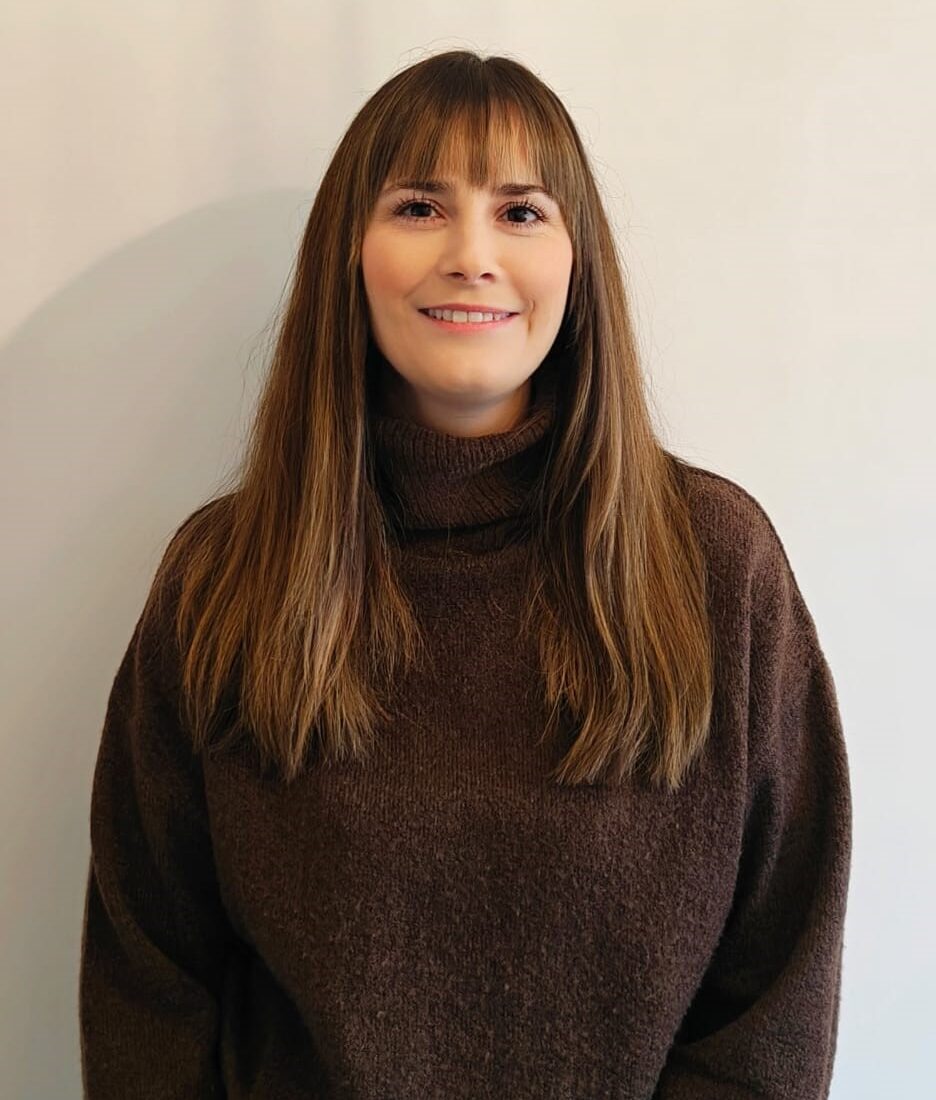Child Sexual Abuse in the UK: Truth, Trauma, and Transformation
We are honored to welcome Mayameen Meftahi BEM—BeyondTrauma Specialist, Trainer, and Founder of BeyondTrauma Academy CIC. A fearless survivor
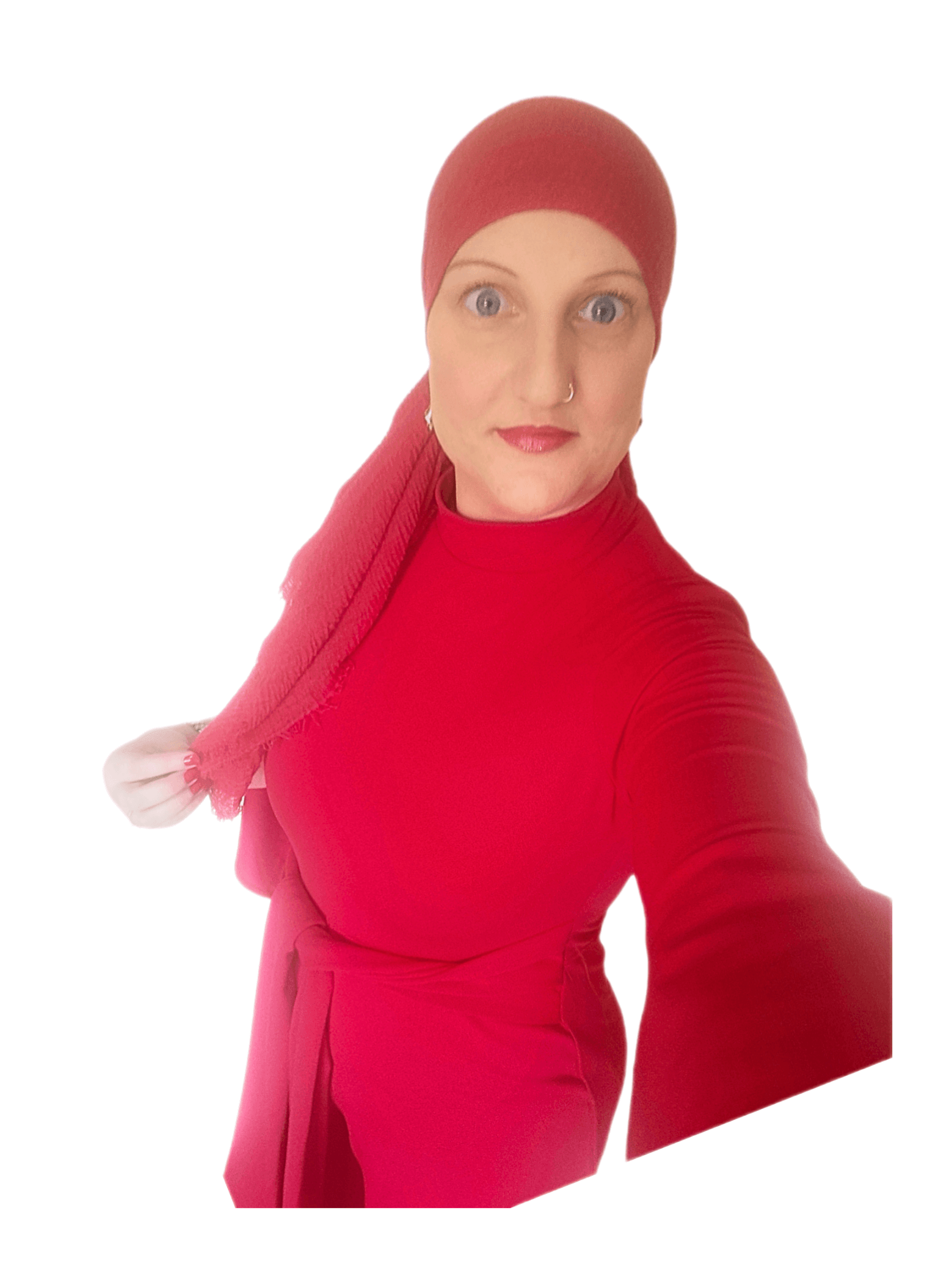
We are honored to welcome Mayameen Meftahi BEM—BeyondTrauma Specialist, Trainer, and Founder of BeyondTrauma Academy CIC. A fearless survivor and nationally recognized advocate, Maya brings a raw, unflinching truth to one of the most urgent crises facing the UK today: child sexual abuse. In this deeply personal and powerful conversation, Maya exposes the systemic failures, digital dangers, and societal silencing that continue to let children down and retraumatize survivors. She calls for a radical shift—one that places lived experience, trauma-informed justice, and survivor leadership at the center of real change. Maya doesn’t just speak truth to power—she trains it, challenges it, and demands it does better.
- What do you see as the most urgent issue driving the child sexual abuse crisis in the UK today—systemic failures, digital threats, or societal stigma?
All three are deeply interwoven, but I would say systemic failure is the root crisis. If systems truly protected children and held perpetrators to account, then digital threats and stigma wouldn’t be as devastating. We’re dealing with a system that silences, disbelieves, retraumatizes, and in some cases, enables abuse to continue. Until the UK confronts its deep-rooted institutional denial and prioritizes survivors’ voices over reputational protection, nothing will truly change.
- How has the shift to online environments changed the landscape of child sexual abuse, and are current safeguarding measures keeping up with the pace of digital harm?
The digital shift has turned child sexual abuse into something that can happen without ever leaving a room. It’s instant, faceless, and borderless, making grooming, exploitation, and the sharing of abuse material horrifyingly accessible. Safeguarding hasn’t caught up. Tech companies aren’t held accountable enough, and most frontline professionals lack not just the tools, but the training to respond to online abuse in a meaningful, trauma-informed way.
>There’s barely enough understanding or resourcing for offline abuse, so when it comes to the complex, often invisible trauma of digital harm, we’re completely unprepared. The impact of online abuse is not just technical; it’s deeply psychological. Yet the training that exists often misses the emotional, developmental, and relational toll this form of abuse takes. Platforms are worsening what is already a public health crisis, allowing abuse to flourish unchecked and leaving survivors retraumatized in silence.
>But even more frustrating is the fact that we still expect children to verbalize disclosures, as if abuse only counts when it’s spoken aloud. We operate in a draconian safeguarding system that hinges everything on verbal evidence. Yet many children, especially those experiencing online abuse, won’t or can’t speak. I remember years spent in an independent provision school, watching a child come and sit silently in my intervention room before class. They never said anything. But everything in their body language screamed trauma. And still, there was nothing I could do, because the system didn’t recognize silent distress as valid.
Our safeguarding processes are reactive, not proactive. They’re not built to recognize the subtle, complex signs of abuse, particularly in its digital form. When a child does manage to speak out, they’re often retraumatized by the justice system, forced to relive their trauma, face disbelief, or wait years for any resolution.
- Many survivors still struggle to access justice or adequate support. What structural changes do you believe are essential in policing, courts, or social care to better serve them?
Survivors need trauma-informed justice. That means policing that doesn’t interrogate us like suspects, courts that don’t re-traumatize us, and social care that supports—not blames. We need specialist training for every professional, independent advocate walking alongside survivors through the system, and mechanisms like the Victim’s Right to Review to have real teeth. Justice must be survivor-led, not process-led.
Judges in particular must be trauma-informed, not just by attending a basic course or ticking a CPD box, but by being trained by professionals with lived experience. There is a vast difference between theoretical understanding and the insight that comes from surviving, navigating, and healing from trauma. We need to stop allowing the title “trauma-informed” to be used superficially. If those with the most power in the courtroom don’t truly understand trauma, they risk perpetuating harm rather than delivering justice.
- Public inquiries and scandals—like those in Rotherham and Telford—exposed deep institutional failings. Have lessons truly been learned, or are we still seeing history repeat itself?
Sadly, history is still repeating. Inquiries expose truth, but rarely bring change. Institutions remain defensive, afraid of reputational damage, and reluctant to truly listen to survivors. I see cases today that echo the same patterns, victim blaming, cultural excuses, and failure to act. Until there is accountability and cultural change, those “lessons learned” remain just words.
- As someone who works directly with survivors, what do you believe the current public narrative gets wrong about the child sexual abuse crisis in the UK today?
The biggest misconception is that abuse is rare or only happens in certain communities or families. Abuse is everywhere: schools, homes, institutions. The other narrative failure is the idea that abuse is something you “get over.” Survivors live with the impacts for decades, especially when there’s no justice, no validation, and no support. The public often wants to look away after the headlines fade. We can’t afford that.
- You’ve spoken powerfully about healing and personal transformation. What are the most overlooked aspects of a survivor’s long-term recovery that society still fails to understand?
Healing isn’t linear. It doesn’t end with therapy or justice; it’s a lifelong process. Society doesn’t see the daily battles: trusting people, managing triggers, parenting while healing, rebuilding an identity after being broken. What’s often missed is that survivors don’t just need therapy, we need community, purpose, safety, and the chance to turn our pain into purpose without being defined by it.
There’s also a constant focus on mental health, with barely any recognition of the physical toll abuse takes on the body. Trauma lives in our nervous systems, it causes pain, fatigue, illness. Yet survivors are often medicalized, misdiagnosed, or dismissed altogether. We’re told to “talk it out” when our bodies are screaming for safety, regulation, and care.
And then there’s the expectation that we all fit into the same discarded box: traumatized, fragile, damaged. Society is comfortable using survivors as statistics, but not so comfortable when we rise, when we create success on our own terms. We’re seen as unworthy of achievement, as if being visibly healed is somehow threatening to the narrative of victimhood. What society continues to overlook is the extraordinary capacity of survivors, not just to heal, but to lead, innovate, and transform the very systems that failed us.
- How does the trauma from child sexual abuse uniquely shape adult survivors’ relationships, work lives, and mental health—especially when it goes unaddressed for years?
Unaddressed trauma affects everything. Survivors often struggle with boundaries, trust, shame, or people-pleasing, impacting our relationships, our work lives, and our ability to feel safe in our own skin. Many of us live with complex PTSD, anxiety, or dissociation without even knowing it’s trauma. It shapes how we see ourselves and what we believe we deserve.
But what’s most devastating is the silent silence. The kind that’s not just about not speaking out, it’s the deep, internalized belief that no one would listen even if we did. It’s the silence that comes from being conditioned not to make a fuss, not to be a burden, not to disrupt the peace. That silence bleeds into every area of life: we stay in toxic relationships, we tolerate mistreatment at work, we shrink ourselves just to survive.
Because so many survivors never disclose, not even to themselves, we suffer in isolation, believing we’re broken rather than injured. And that belief drives cycles of pain, self-doubt, and disconnection that can last for decades.
- What would a truly survivor-centered approach to tackling child sexual abuse look like—and what are we still getting wrong in practice or policy?
A truly survivor-centered approach listens, believes, and empowers. It must be led by those with lived experience and built on trust, not bureaucracy. It’s not about ticking boxes or having a safeguarding policy on paper; it’s about creating systems that honor the reality and resilience of survivors.
What we’re still getting wrong is prioritizing structures over people, survivors are too often seen as risks, liabilities, or case numbers instead of as experts in their own experiences.
And crucially, we still allow the narrative to revolve around the offender. The media, the courts, even public discourse, it’s riddled with stories that center the abuser. Their upbringing, their sentence, their so-called remorse. They’re given airtime and analysis, while the survivor has to fight to be believed, to be heard, or even to be named without shame.
A truly survivor-centered approach would shift that completely. It would place the survivor’s story at the heart of every response. Because we are not weak. We are not broken. We are powerful, insightful, and capable of leading change, if only people would stop speaking over us and start listening. Survivors don’t need saving, we need space, voice, and validation.
- Looking back, what moment or decision was most pivotal in your journey from surviving abuse to becoming a nationally recognized advocate for others?
The turning point for me was choosing to stop carrying shame that was never mine. I realized that silence was protecting the wrong people. Speaking out publicly was terrifying, but I did it because the system couldn’t protect me, and I couldn’t bear to watch it keep failing others. Reclaiming my voice wasn’t just for me, it was a signal to other survivors: you are not alone, and you are not to blame.
Founding BeyondTrauma was another defining moment. I created it to be more than a service, it’s a movement. I wanted a truly trauma-informed academy: a space designed not just for survivors, but by survivors. A place where lived experience isn’t just included, it leads. I saw the gap in professional spaces, where survivors are consulted but not empowered, listened to but not believed, referenced but rarely invited to shape the system.
And even now, the irony is painful. I train professionals in trauma-informed practice, yet some still find it hard to take guidance from someone who has lived it. There’s resistance to shifting power. But my training is rooted in truth, not theory, and it should be mandatory.
Not because of who I am, but because of what I know. Our voices are not just valid, they are vital. BeyondTrauma isn’t just a name. It’s a promise: that healing, leadership, and change can rise from the places society once discarded.

